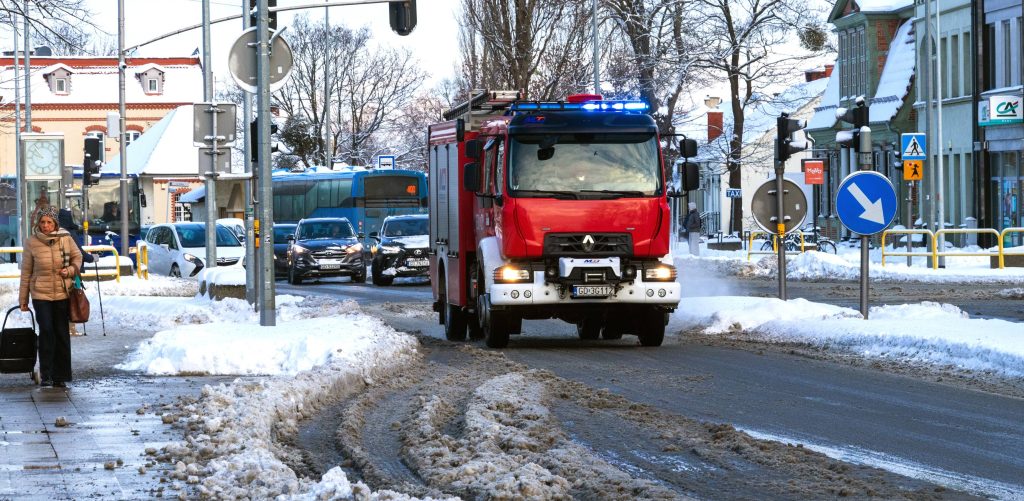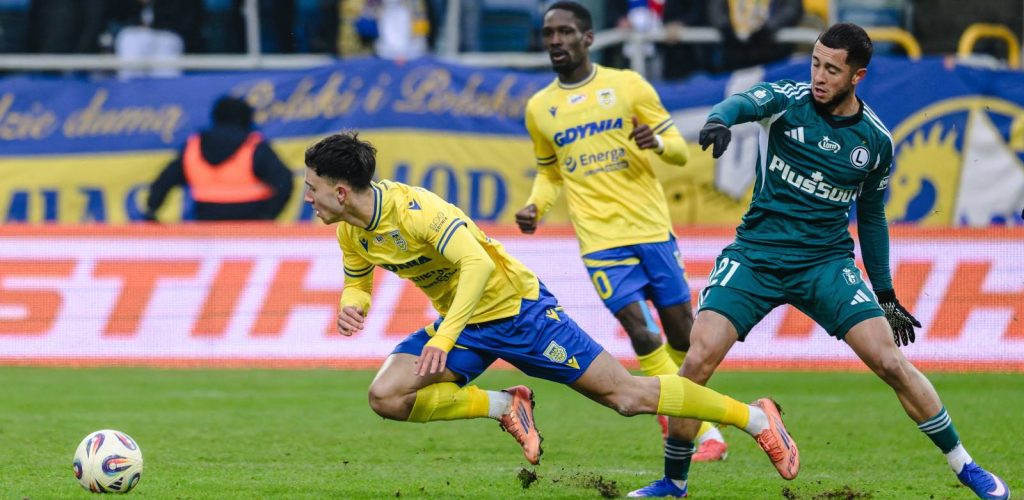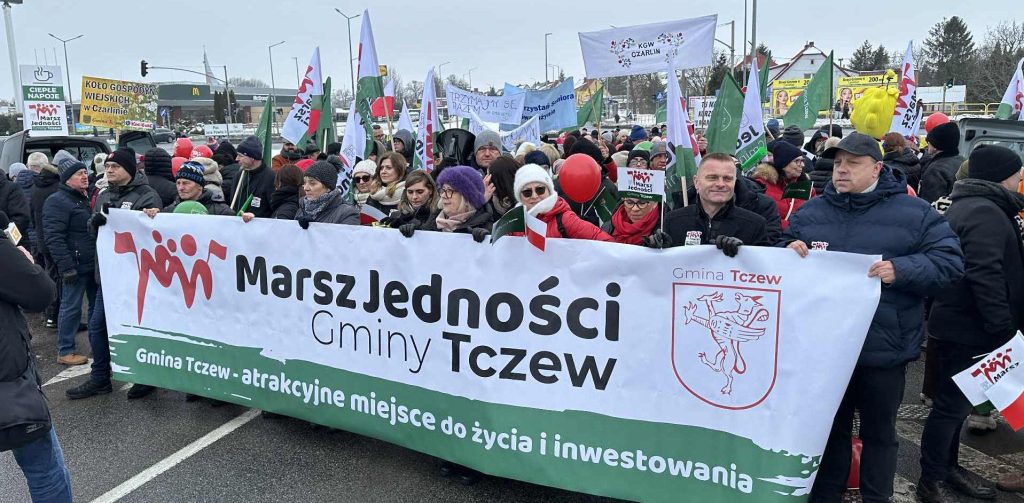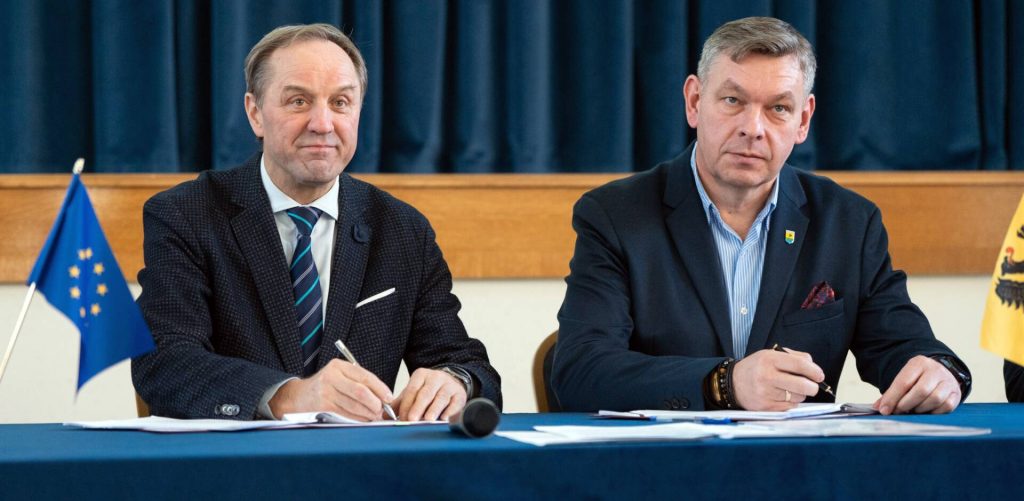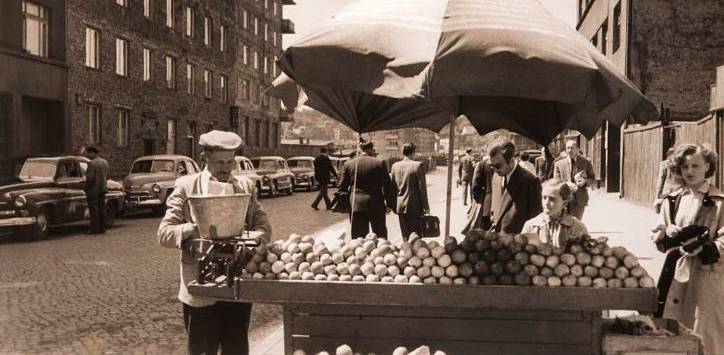Ukrainian president Volodymyr Zelensky has said that Russia has begun the so-called “Battle of Donbas”—its anticipated offensive in the east of the country.
Zelensky said a “very large part of the entire Russian army is now focused on this offensive”, which his chief of staff called the second phase of the war.
Ukrainian media has reported shelling along the front line in the towns of Marinka, Slavyansk and Kramatorsk.
Donbas has long been the focal point of the Russian campaign to destabilise Ukraine.
In 2014 the Kremlin used proxies to set up two “people’s republics” in the region, which is home to much of Ukraine’s industrial wealth, including coal and steel.
In Mariupol, in the southeast of the country, the city council said that Russia has been dropping heavy bombs on a vast steel plant, underneath which at least a thousand civilians are hiding in shelters.
A Ukrainian commander leading a marine brigade in the city wrote an appeal for help to Pope Francis telling him, “This is what hell looks like on earth.”
There were also reports overnight of the first civilian casualties in the western city of Lviv, 60 kilometres from the Polish border.
Ukraine said seven people died after Russian missile attacks there, including one on a car service station.
US president Joe Biden is due to hold calls today with allies to discuss the crisis, including how to hold Russia accountable.
Source: Reuters
Today is the 79th anniversary of the start of the Uprising in the Warsaw Ghetto.
The occasion will be marked by volunteers handing out 368,000 paper daffodils to passers-by in the city—one to mark each Jewish man and woman in Warsaw before the outbreak of World War II.
The commemorations are focused this year on the theme of love, and will include a mural outside the Centrum metro station, and a play which will premiere at the POLIN museum tomorrow.
The Warsaw ghetto was created in 1940 when Germans fenced in part of the city and forced almost half a million Jews from the city and surrounding areas inside.
Many died there of hunger and disease, and 300,000 were deported to the extermination camp at Treblinka.
Resistance among those who remained turned into the armed Uprising, which began on 19 April 1943.
Source: PAP
The rebuilding of the beach at Orłowo, which was destroyed by storms at the beginning of the year, will begin in June.
The Maritime Office in Gdynia announced the works, which will take place along a one-kilometre stretch of seafront between the Orłowo pier and the summer stage of the City Theatre.
The beach had been several metres wide before winter storms swept much of it away.
The replacement sand will come from dredging work in the Baltic Sea, and the works are expected to be completed by early July at the latest.
Source: radiogdansk.pl
A public competition has been launched to name a strange-looking part of Gdańsk’s new Clean Energy Port, which is currently under construction.
The giant red boiler tube, studded with smaller pipes, is one of the most important parts of the new plant, which will turn municipal waste into heat and power.
Naming these drums has become a tradition in combined heat and power plants—Kraków’s is called “Krakowiak”, and Szczecin has “Angel” and “Stefan”.
The new name for Gdańsk’s drum must refer to the history of the city, the region, or its inhabitants, and entries must be submitted by 25 April.
The main prize is worth 1,500 zlotys.
You can enter submit your entry to the competition at this link: https://www.trojmiasto.pl/wiadomosci/Wymysl-imie-zwiazane-z-Gdanskiem-i-wygraj-nagrode-za-1500-zl-n165759.html
Source: trojmiasto.pl
Weather
It’ll be cloudy and cool today in Gdańsk, with a high temperature of 6°C / 43°F, and light winds from the east. There’s rain setting in overnight which will last through tomorrow and into Thursday, with milder temperatures and the chance of some sunshine by the end of the week.
Andrew Carter


